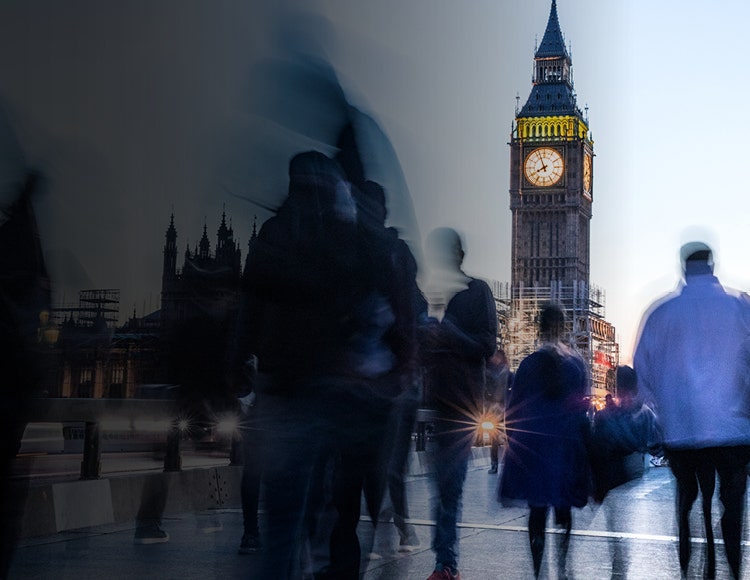Employment law is constantly evolving. We’ll keep you ahead of the curve with updates on forthcoming legislative changes, consultations and important case law developments, as well as practical guidance on dealing with the impact on your workforce.
true
6
0
true

